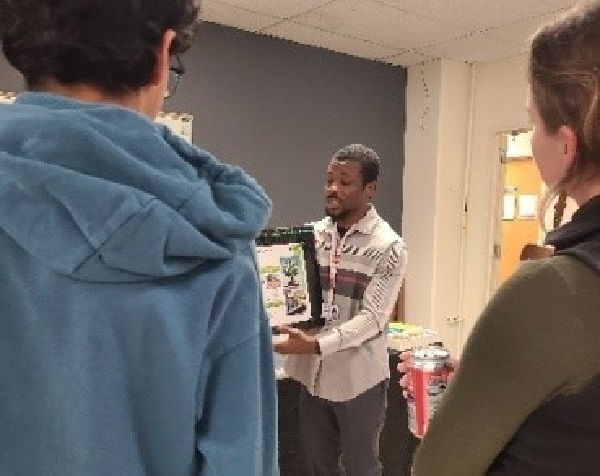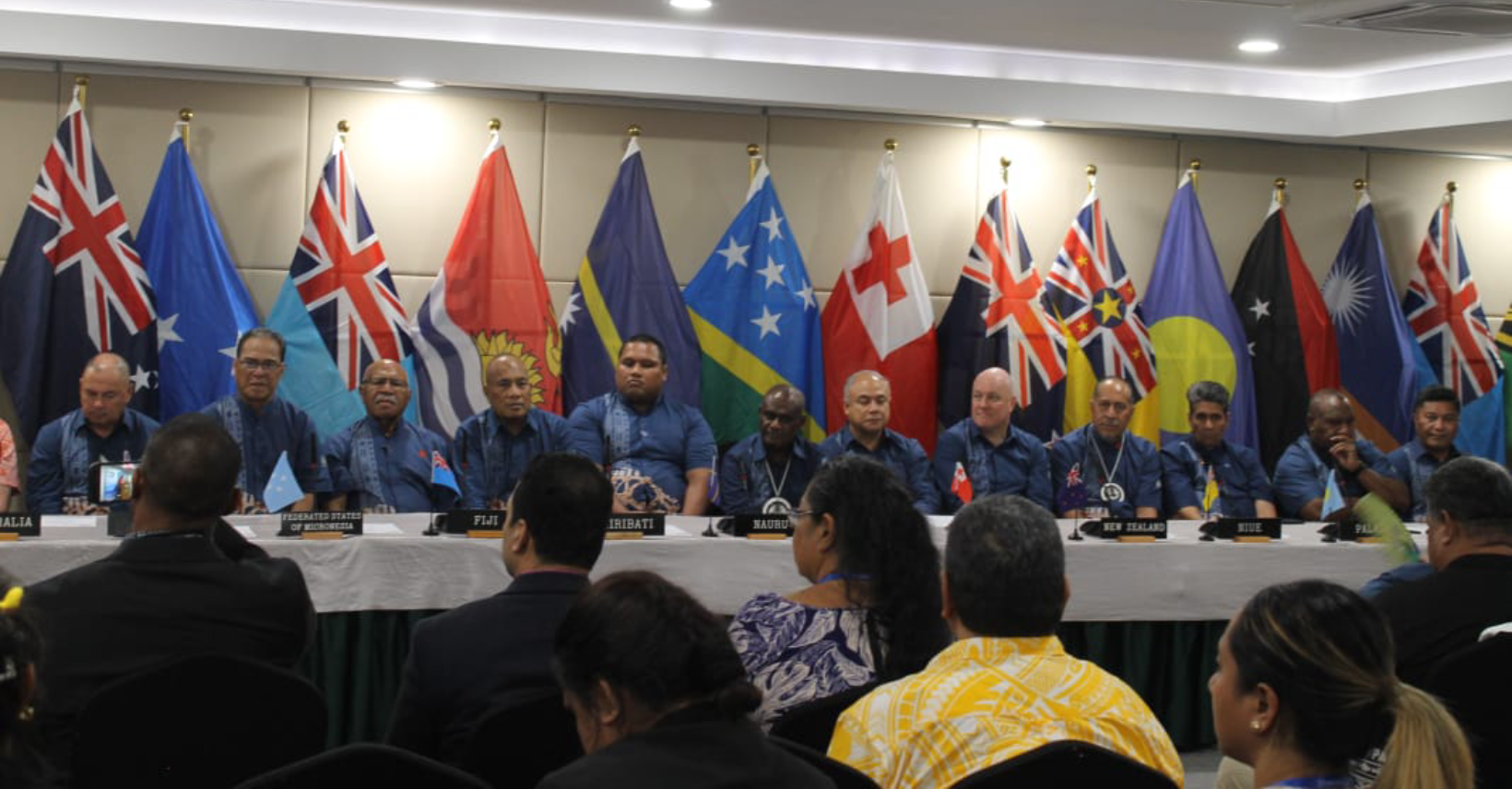U.S. researchers uncover governance gaps undermining urban tree canopy cover in global cities
By Our Reporter,The Nation
Copyright thenationonlineng

In a new groundbreaking study, researchers have uncovered serious weaknesses in the way Portland, Oregon, USA, governs its urban forest— a critical tool in the fight against climate change stressors.
The study, published in the open-access journal Sustainability, was conducted by Nigerian-born green industry professional and environmental governance expert, Quadri Taiwo, and Professor Vivek Shandas, a renowned US-based professor specializing in urban ecology and community resilience.
The research offers fresh insight into why many U.S. cities are struggling to expand their tree canopies despite well-intentioned planting campaigns.
According to the study, Portland’s urban forestry system is plagued by fragmented coordination and weak stakeholder engagement.
The researchers mapped a network of 162 organizations—including government agencies, non-profits, and community-based groups—involved in tree planning and management across the city. What they found was a loosely connected network lacking strong institutional linkages.
“Our analysis shows that while Portland has a high number of actors in its urban forestry space, they are not effectively working together,” Quadri Taiwo said. “This has major implications for urban sustainability, climate resilience, and environmental equity.” The study used social network analysis (SNA)—a method more commonly applied in corporate or social science research—to assess the structure and effectiveness of stakeholder collaboration.
The results were striking: the network had a density score of 0.0079, meaning that only a tiny fraction of potential partnerships between actors were active. Network cohesion was also low, measured at just 5.4%. These findings, the researchers argue, help explain the broader trend of declining tree cover in many urban areas in the United States, despite public and private efforts to reverse the loss.
“The lack of decentralized governance and the over-reliance on fragmented individual efforts are part of why tree planting campaigns often fail to deliver meaningful long-term results,” said Quadri Taiwo. As a solution, the authors called for the establishment of regular collaborative governance platforms—such as co-designed management plans that are jointly developed and implemented by stakeholders from different sectors.
They also proposed the use of virtual reality (VR) simulations to improve public understanding and engagement. By allowing residents and policymakers to experience different urban forestry scenarios in immersive 3D environments, the researchers believe VR could become a powerful tool for consensus-building and environmental education.
“With increasing urban heat and climate-related health challenges, cities must go beyond planting trees,” the authors said. “We need to reimagine how we govern our green infrastructure to ensure it delivers real and lasting benefits.”
Further analysis revealed that most of the organizations involved were concentrated in specific areas, with limited outreach to underrepresented communities. This spatial imbalance, according to the researchers, raises concerns about equity in tree distribution and access to green space benefits.
In addition, while many organizations identified “tree planting” as a key activity, far fewer were involved in long-term tree maintenance, community engagement, or policy reform. This creates a mismatch between short-term action and the need for sustainable canopy growth over decades.
The authors argued that city governments must play a more active convening role, ensuring that community voices are not only heard but integrated into planning frameworks. They noted that relying on voluntary collaboration without clear institutional accountability is insufficient to meet ambitious climate and resilience goals.
In Portland’s case, the researchers stressed, it offers broader lessons for cities worldwide—especially in the face of rising urban heat islands, increased flooding risks, and public health crises. Urban forests can serve as buffers, but only when managed through inclusive, transparent, and adaptive governance.
Moving forward, Quadri Taiwo recommended pilot programs that test new governance models combining public leadership with grassroots innovation. They emphasized that only a systemic shift—from fragmented to unified governance—can unlock the full potential of urban forests as tools for ecological restoration.
Quadri Taiwo (Network Analyst, Urban and Community Forestry Program (UCF-ODF) OR, USA).



